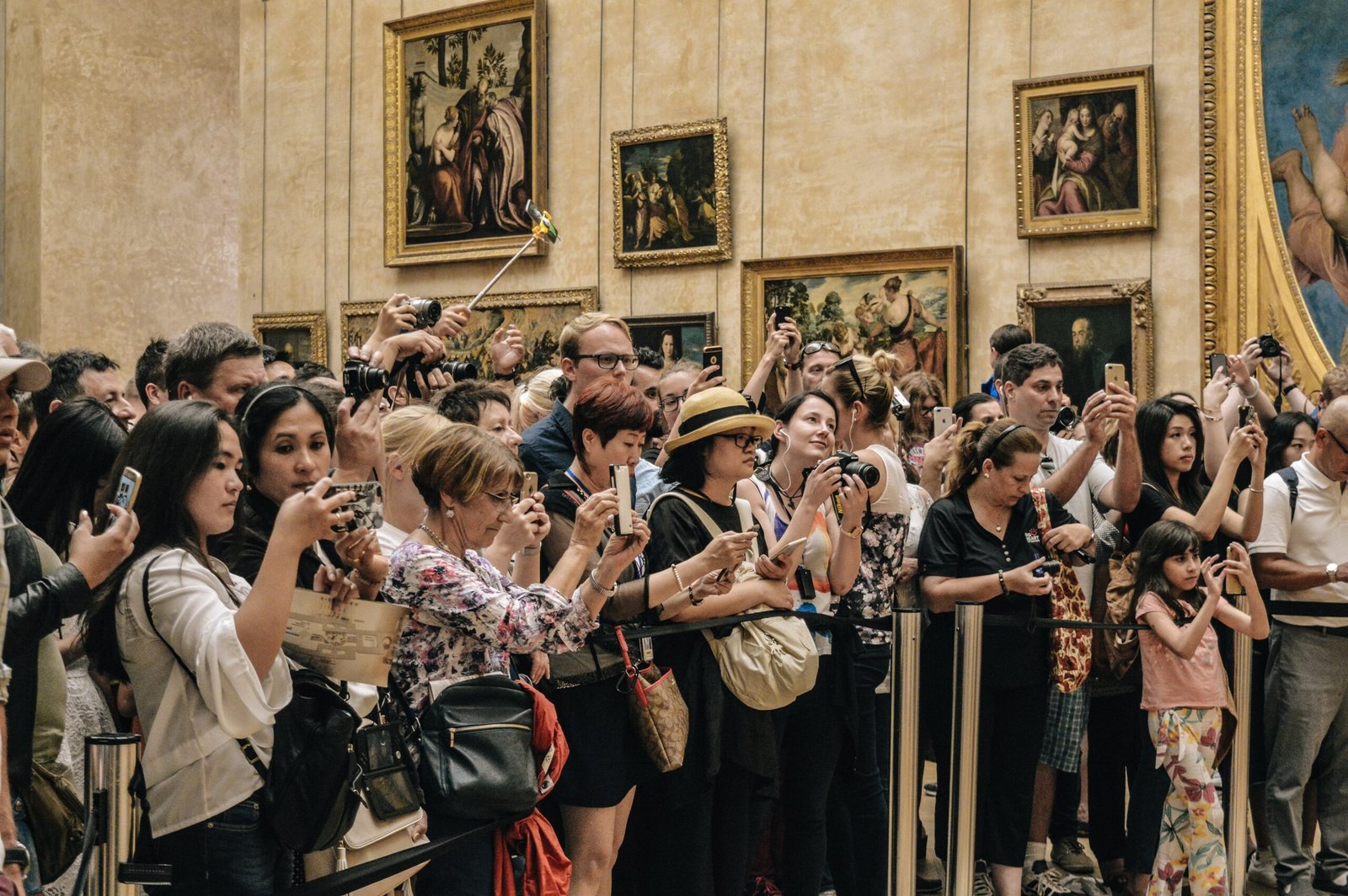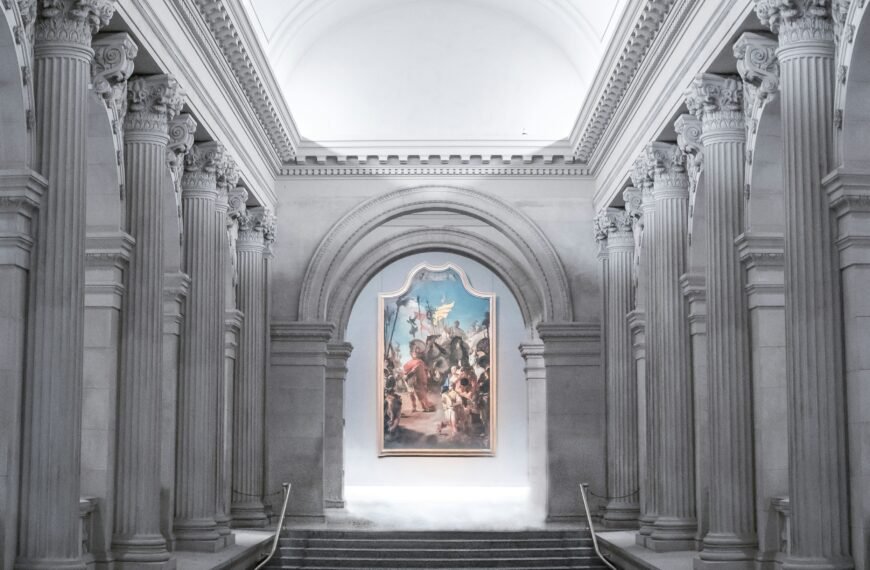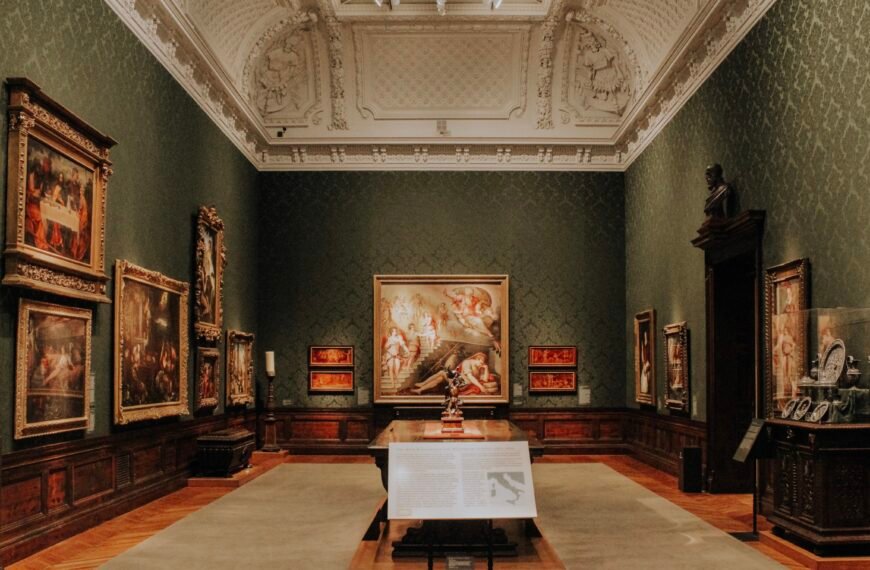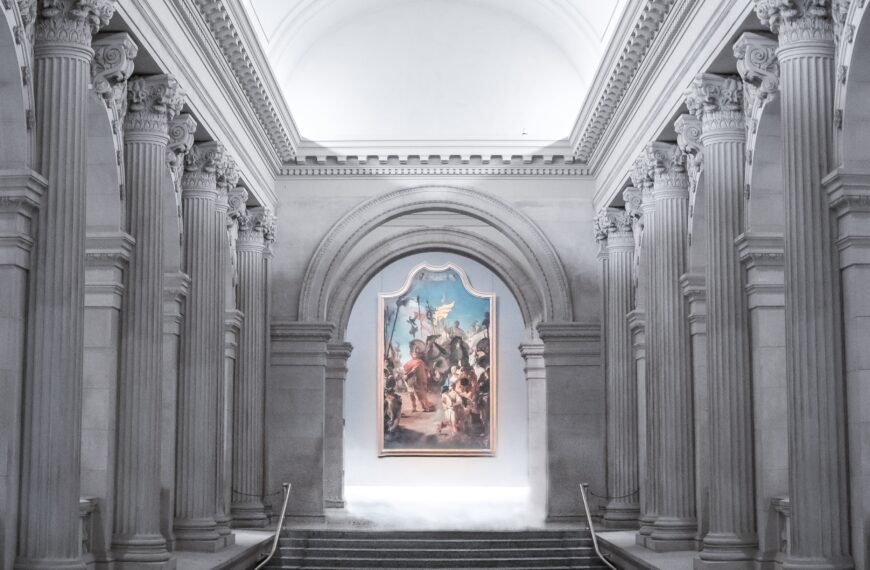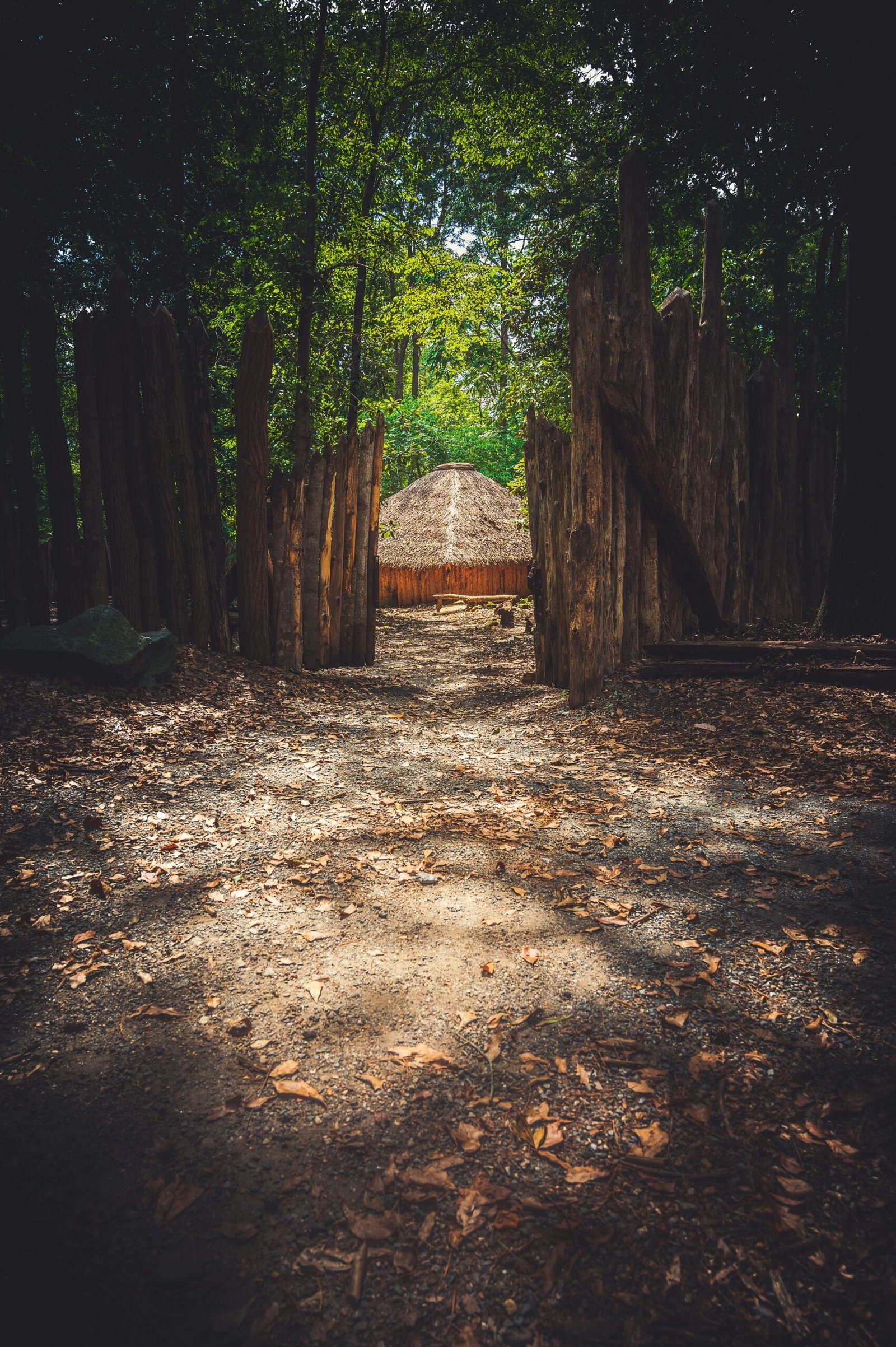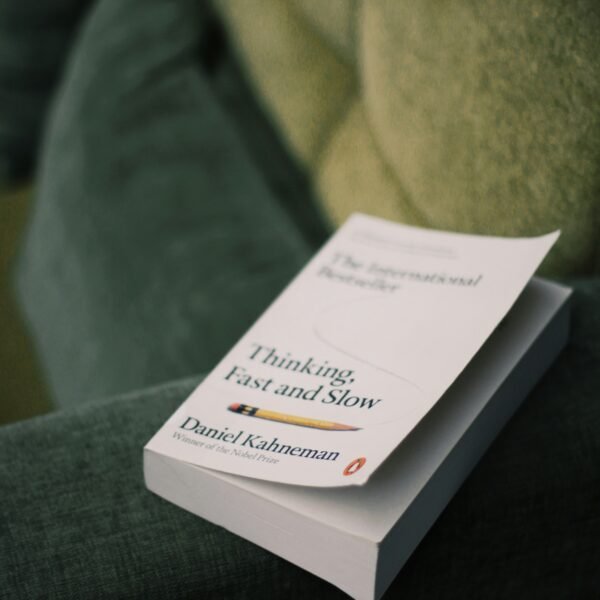Have you ever wondered what it takes to become a museum curator? If you have a passion for history, art, and the preservation of cultural artifacts, this might be the career path for you. In this article, you will learn about the essential steps to embark on this fascinating journey. From obtaining the right education and gaining relevant experience to developing a keen eye for detail and mastering the art of storytelling, becoming a museum curator is no easy feat. But fear not, as we will guide you through each stage, providing you with valuable insights and tips along the way. So, let’s begin our exploration into the exciting world of museum curation!
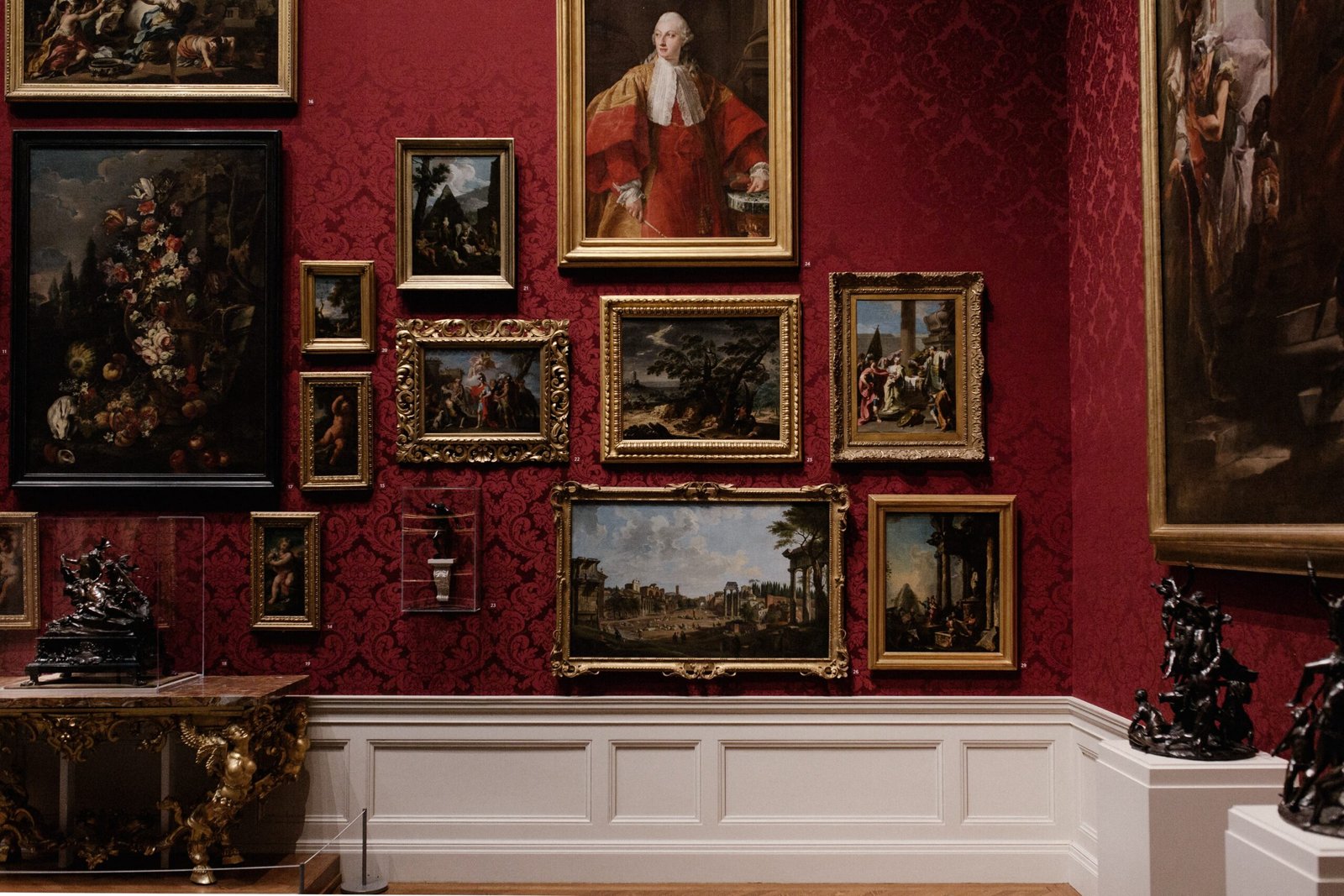
Education
To become a museum curator, you will need to start by obtaining a Bachelor’s degree in a related field. While many curators have degrees in art history, other disciplines such as archaeology, anthropology, or history can also be relevant. This undergraduate education will provide you with a solid foundation in the key areas of study that are pertinent to the field of museum curation.
After completing your Bachelor’s degree, it is highly recommended to pursue a Master’s degree in Museum Studies or a relevant discipline. A Master’s degree will give you a more specialized and comprehensive understanding of museum practices, collection management, exhibition design, and curatorship. Some universities offer specific programs in museum studies, while others may have related programs in art history or cultural heritage. Research the different options available and choose a program that aligns with your specific interests and career goals.
For those who are particularly passionate about their field and want to delve deeper into a specialized area of interest, it may be worth considering enrolling in a Ph.D. program. A Ph.D. can provide you with the opportunity to conduct in-depth research and contribute to the academic knowledge of your chosen specialization. This level of education can open doors to higher-level positions within the museum field and give you a competitive edge.
Gain Experience
While education is important, gaining hands-on experience is equally vital in becoming a successful museum curator. Seek opportunities to volunteer or intern at museums in order to gain practical experience and familiarize yourself with the day-to-day operations of a museum. This will allow you to observe and learn from experienced professionals, as well as develop a network within the museum community.
Another valuable way to gain experience is by participating in museum-related projects or organizations. This can involve assisting in research initiatives, assisting with exhibition installations, or contributing to the development of educational programs. Look for local or regional projects that align with your interests and reach out to the organizers to express your willingness to contribute.
Applying for entry-level positions in museums can also be a great way to gain experience and start building your career in museum curation. These positions might include roles such as collections assistant, exhibition assistant, or research assistant. While the tasks may be more routine, they provide valuable exposure to different aspects of museum work and allow for professional growth. Treat each position as an opportunity to learn and showcase your dedication and enthusiasm for the field.
Develop Specialized Knowledge
Developing specialized knowledge in specific areas of interest is crucial for any aspiring museum curator. Consider acquiring expertise in a particular art period or historical era. This could involve taking specialized courses, attending lectures and seminars, or conducting independent research. By becoming an expert in a specific area, you can bring valuable insights and expertise to your future curatorial projects.
In addition to art history and historical knowledge, it is important to study the conservation and preservation of artifacts. Understanding the scientific and ethical considerations associated with artifact preservation allows curators to make informed decisions for the long-term care and sustainability of collections. Take advantage of opportunities to learn about conservation methods and practices, either through formal coursework or by collaborating with conservation professionals.
To excel as a curator, it is also essential to learn about curatorial practices and exhibition management. This includes understanding the process of curating an exhibition from start to finish, including research, developing a narrative, selecting and arranging artworks, and coordinating the logistics of installation. Familiarize yourself with current practices and standards in exhibition design and gain practical experience through hands-on involvement in museum exhibitions.
Build a Professional Network
Building a strong professional network is key in the museum field. Attending museum conferences, seminars, and workshops allows you to stay updated on the latest trends and advancements while also providing valuable opportunities to connect with other professionals. Take advantage of these events to engage in conversations, attend panel discussions, and participate in networking sessions.
Joining professional associations like the American Alliance of Museums can also be beneficial. These associations provide resources, professional development opportunities, and networking events specifically tailored for museum professionals. Stay active within these associations by attending events, joining committees, and actively participating in discussions and initiatives. Building relationships with colleagues, peers, and mentors within the industry can open doors to new opportunities and collaborations.
Beyond formal events and organizations, networking on a personal level is equally important. Connect with other museum professionals and curators through social media platforms such as LinkedIn, Twitter, or Instagram. Engage in conversations, share your insights and experiences, and show genuine interest in the work of others. Building relationships with fellow professionals can lead to collaborations, job opportunities, and a supportive professional community.
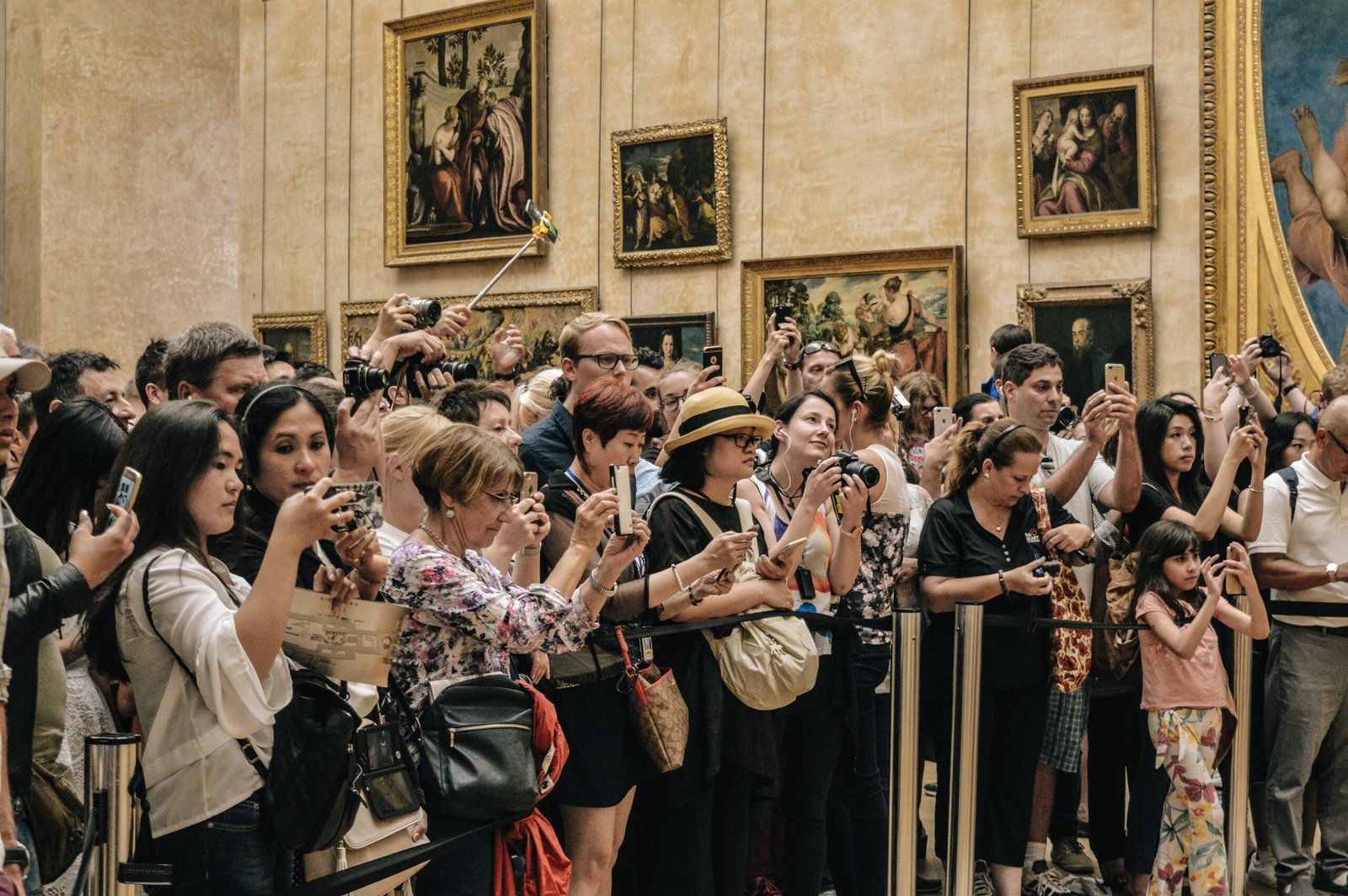
Develop Research Skills
Research is a fundamental aspect of museum curatorial work. To develop your research skills, engage in independent research on museum-related topics. This can involve exploring new areas of scholarly research, examining specific objects or collections, or investigating the historical and cultural context of artworks. Aim to develop strong analytical and critical thinking skills, and learn how to effectively communicate your research findings to both academic and non-academic audiences.
Consider publishing articles or papers in scholarly journals to showcase your research and contribute to the broader field of study. This can help establish you as a credible and knowledgeable curator within the academic community. Seek opportunities to present your research at conferences or symposia relevant to your area of expertise. Stay updated with current trends and advancements in the field by actively reading published research and attending academic lectures.
Develop Interpersonal Skills
Effective communication and collaboration are vital skills for a museum curator. You will need to engage and communicate with colleagues, artists, donors, and visitors on a regular basis. Develop strong interpersonal skills to build successful working relationships with individuals from diverse backgrounds and perspectives.
Learn to communicate your ideas and thoughts clearly and professionally, both verbally and in writing. This includes developing effective presentation skills, as curators often need to give talks or lectures to various audiences. Practice active listening to ensure you understand the needs and concerns of others, and be open to feedback and constructive criticism.
Collaboration is a key aspect of museum work, as curators often collaborate closely with exhibition designers, educators, and other museum staff. Develop the ability to work as part of a team, contribute your expertise while remaining open to the perspectives of others, and find effective ways to collectively problem-solve and realize the goals of a project.
In addition, curators often need to negotiate and build relationships with art collectors, institutions, and lenders. Developing strong negotiation skills and the ability to build trust and rapport with external stakeholders is essential. Recognize the importance of maintaining professional and ethical conduct in all interactions, as these relationships can greatly impact your career and the success of museum initiatives.
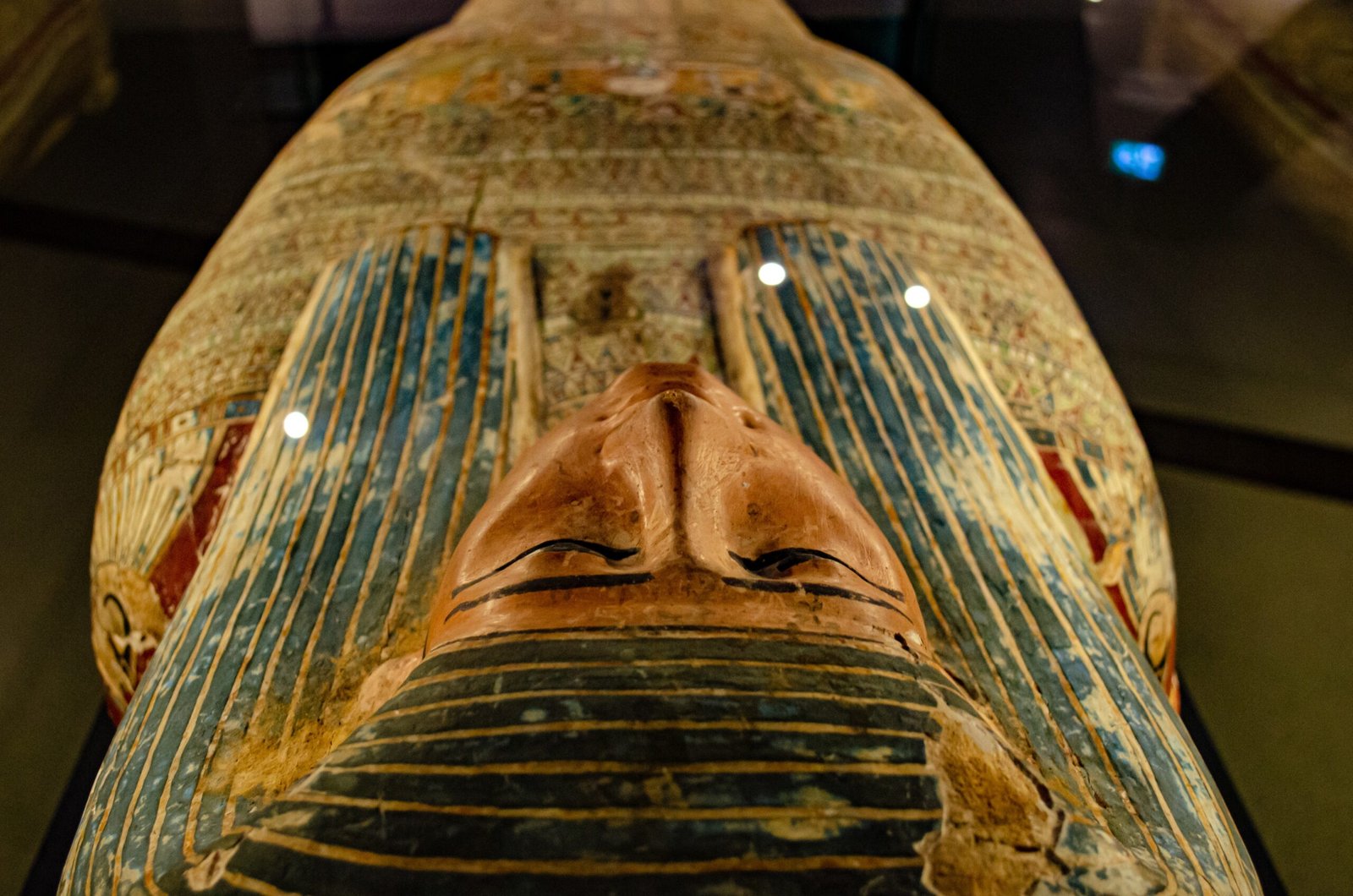
Demonstrate Leadership Abilities
While it may take time to reach a leadership position within a museum, demonstrating leadership abilities early on in your career is important. Seek opportunities to take on management or supervisory roles within museums, such as leading a team of interns or volunteers. This showcases your ability to guide and inspire others, as well as your organizational and decision-making skills.
Another way to showcase leadership abilities is by taking the lead in exhibition planning and implementation. This involves overseeing all aspects of an exhibition, from selecting artworks to coordinating logistics. By successfully managing an exhibition project, you demonstrate your ability to manage multiple tasks, work within budget and time constraints, and bring a vision to life.
In addition to project-based leadership, consider volunteering for or leading teams related to museum initiatives. This could involve spearheading outreach programs or developing partnerships with community organizations. By taking on these responsibilities, you demonstrate your dedication to the museum’s mission and your ability to think strategically and lead collaborative efforts.
Stay Updated on Industry Trends
The field of museum curation is always evolving, so it is essential to stay updated on the latest industry trends and practices. Stay informed by regularly reading industry publications and journals that focus on museum studies, art history, and cultural heritage. These publications often feature articles on current exhibitions, research findings, and emerging trends within the museum field.
Another effective way to stay informed is by following influential curators and museum professionals on social media platforms. Many curators share insights, articles, and updates in their field of expertise. Engage in discussions and share your own thoughts and experiences to contribute to the online museum community.
Attending conferences and workshops focused on the latest museum practices is a valuable way to stay updated and connect with other professionals. These events often feature presentations by leading experts in the field, providing valuable insights and opportunities for learning. Participate actively and make the most of these networking opportunities to expand your knowledge and professional network.
Develop Technical Skills
As technology continues to play an increasingly important role in the museum field, it is crucial to develop a range of technical skills. Familiarize yourself with museum software and database management systems commonly used for collections management. This will allow you to efficiently organize and access information about artworks and artifacts within a museum’s collection.
With the rise of digital platforms, it is also important to learn about digital preservation and online exhibitions. Understand the principles and best practices of digitizing artworks, preserving digital files, and creating engaging online experiences for virtual visitors. Acquire skills in creating and managing online exhibitions, including designing web layouts, writing engaging exhibition text, and integrating interactive elements.
Additionally, developing skills in art handling, conservation, and collections management will be invaluable for a museum curator. Art handling involves the proper techniques for handling, packing, and installing artworks to ensure their safety and preservation. Conservation skills can include basic object cleaning, stabilizing damaged artworks, and working with conservation professionals to develop treatment plans. Knowledge of collections management principles and practices will allow you to effectively document, catalog, and care for a museum’s collection.
Apply for Curatorial Positions
Once you have obtained the necessary education, gained relevant experience, and developed the required skills, it’s time to apply for curatorial positions. Start by preparing a comprehensive and tailored resume and cover letter that highlights your education, experience, research, and technical skills. Customize these documents to align with the specific requirements and preferences of each museum or cultural institution you apply to.
Research museums and cultural institutions that align with your interests and career goals. Submit applications to those that have open curatorial positions or express your interest in potential future opportunities. Utilize online job boards, museum newsletters, and professional networks to stay informed about job openings.
Prepare for interviews by familiarizing yourself with the museum’s collection and exhibitions, as well as any current or upcoming projects. Showcase your knowledge and experience by discussing relevant projects or research you have undertaken. Emphasize your ability to collaborate and work within a team, as well as your passion for curatorial work and commitment to the museum’s mission.
In summary, becoming a museum curator requires a combination of education, experience, skills, and networking. Through obtaining a Bachelor’s degree in a related field, pursuing a Master’s degree in Museum Studies or a relevant discipline, and considering a Ph.D. program in a specialized area of interest, you can lay the foundation for a successful career. Gaining hands-on experience through volunteering, participating in museum-related projects, and applying for entry-level positions, will further develop your skills and knowledge. Building a professional network, developing research and interpersonal skills, and staying updated on industry trends will contribute to your professional growth. Finally, by developing technical skills, applying for curatorial positions, and showcasing your knowledge and experience during interviews, you can ultimately achieve your goal of becoming a museum curator.

